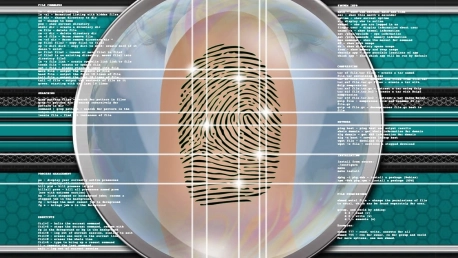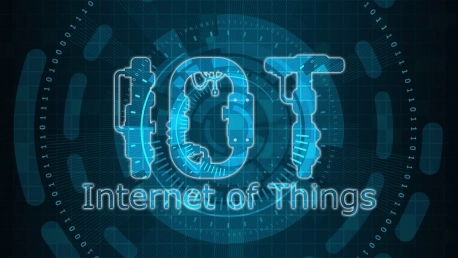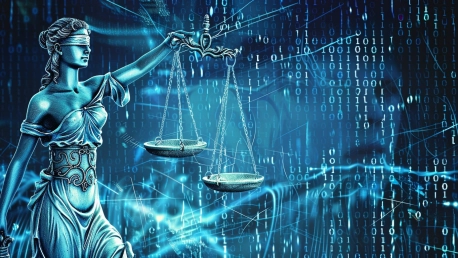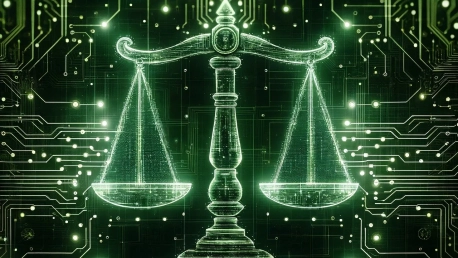
The American Privacy Rights Act (APRA), initially introduced in April 2024 with the aim of establishing a national data privacy and security standard in the United States, is facing significant backlash from privacy advocates following recent legislative amendments. What was once hailed as a

Biometric technologies have become integral in various sectors, from security and banking to healthcare. These technologies, which identify individuals based on unique physical and behavioral traits like fingerprints, facial features, and iris patterns, promise enhanced security and efficiency.

The rapid growth of the Internet of Things (IoT) has transformed various sectors, including smart home technologies, healthcare, transportation, and manufacturing. However, with this expansion comes the need for stringent security measures to protect devices, networks, and data from potential cyber

The rise of artificial intelligence (AI) is revolutionizing industries and changing the face of business operations. However, with incredible technological progression comes a set of legal considerations that organizations must conscientiously address to avoid the pitfalls of non-compliance.

The United States is experiencing a dynamic shift in the realm of consumer privacy, with state-level actions leading to a complicated tapestry of legislation. As each state introduces its own form of consumer privacy law, businesses and consumers alike are left to grapple with a labyrinth of

Data privacy has emerged as a cornerstone of digital rights, and as such, digital forensic investigations must navigate the complex intersection of technological capability and legal constraints. This article explores the intricate balance required between the tenets of data privacy and the